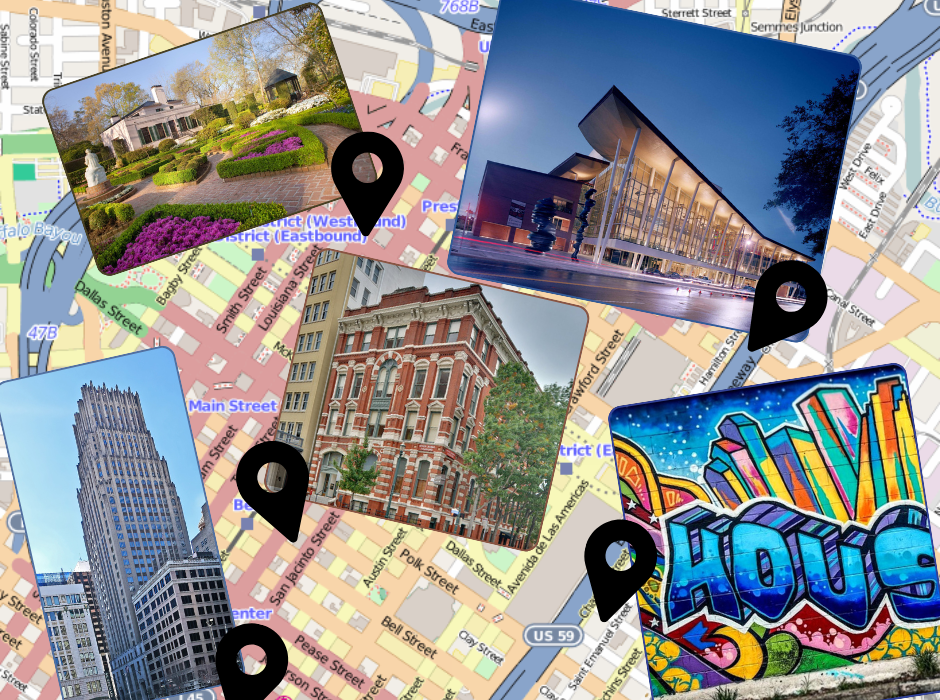Spring has sprung in Houston, which means rodeo season, baseball spring training, St. Patrick’s Day, and, most unfortunately, allergy season. Filling up the Emery/Weiner hallways are the sounds of sniffles, coughs, sneezes, people asking for tissues, and red, itchy eyes.
Ms. Linda Powell, the Upper School Administrative Assistant, has become even more of a busy bee than she already is since the peak of allergy season has come. She “[has] been seeing many students and faculty come into the office for boxes of tissues,” for their classrooms and for personal use, as well as “ people [have been] coming in more often for things like Claritin and other medications to lessen their allergies.” This recent “spike in illnesses,” as Powell describes it, has created a greater demand for tissue boxes, allergy medications, and even paper towels in the school bathroom, all because of pollen.
Pollen is usually a yellow or white powder released by plants during a part of their reproductive process. Pollen triggers an immune response, such as itchy eyes, congestion, runny nose, and sneezing, as well as even triggering asthma attacks in many people who have pollen allergies. You will most frequently see catkins, the long, worm-like structures which come from oak trees, scattered all along the streets, in people’s front lawns, on the sidewalk, and on top of cars. Walking through the neighborhoods in Houston, you can visually tell that allergy season has arrived.
While walking through POG, it is very clear which students park their cars inside a garage versus on the street. There is a fine mix of cars with yellow powder lightly covering the paint, whereas others seem untouched by the pollen flying through the air.
Due to the climate in Houston, allergy season occurs year-round, but the most intense season has just begun and is expected to continue until early September. There are many ways that you can avoid falling ill from allergies, including avoiding the pollen altogether, taking medications, and even immunotherapy. To avoid the pollen, you can stay inside, clean your house, and frequently wash your bedding, most importantly your pillowcase. Medications you should take, depending on your symptoms, are antihistamines, eye drops, decongestants, and saline nasal sprays. “Claritin seems to work the best,” claims Powell, who has seen many students come in and out of her office for allergy aid over the course of several years. There are even allergy shots that gradually introduce your body to the allergen to build a tolerance over time. It’s also recommended to shower after outdoor activities, wash your hands more frequently, and wear a mask to avoid inhaling pollen. Powell stresses that “People commonly mistake a common cold for allergies,” which is a big mistake because the cold is contagious, whereas allergies are not. Make sure to stay safe and keep yourself in good health.







